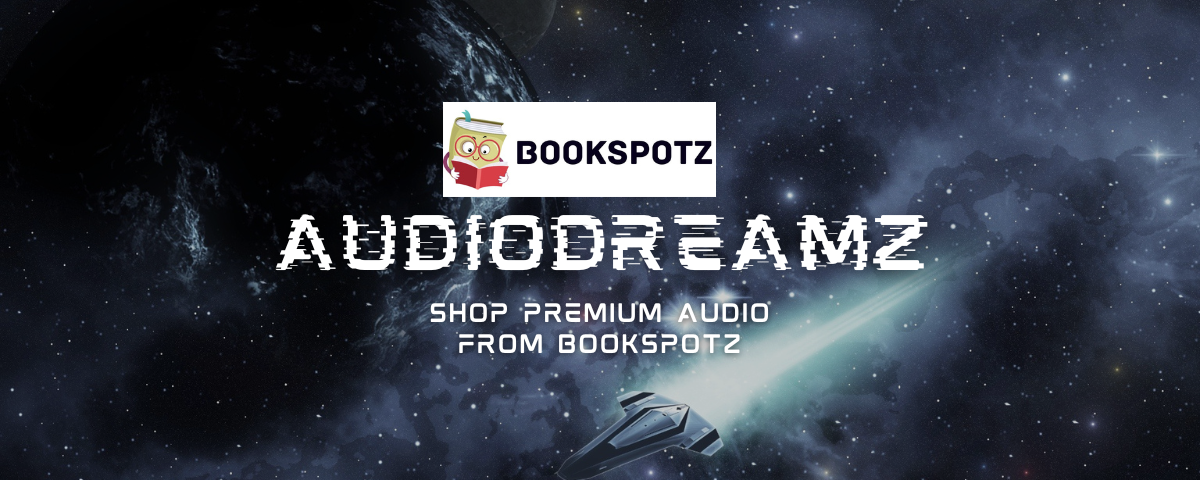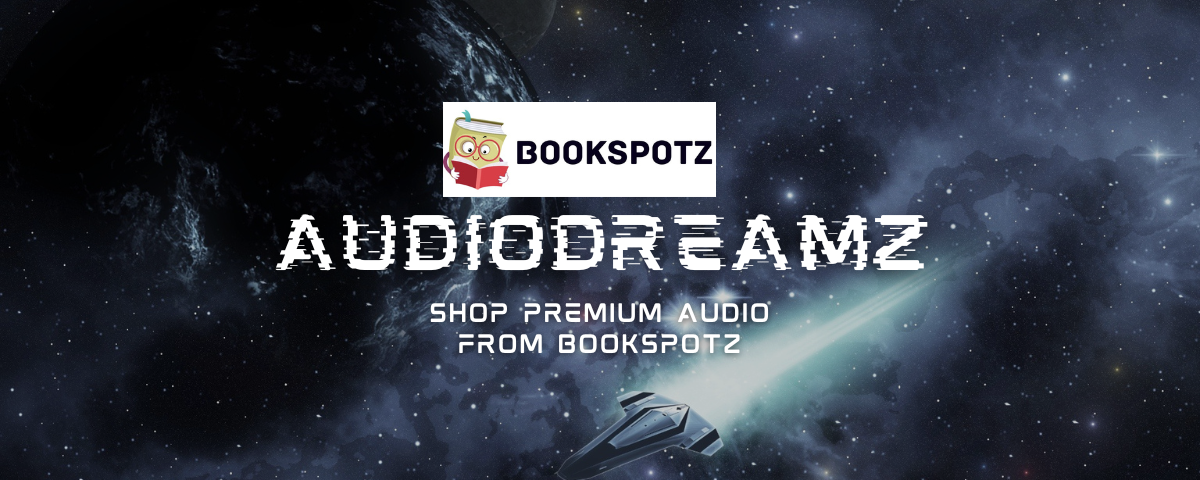

In the ever-evolving world of cryptocurrency and digital assets, the year 2024 promises to be a pivotal moment in shaping the future landscape of blockchain technology. From Non-Fungible Tokens (NFTs) to Decentralized Autonomous Organizations (DAOs), several key trends are set to redefine how we interact with digital assets, as predicted by the "Human AI "Srinidhi Ranganathan".
NFTs have rapidly evolved from being a niche market to becoming mainstream, with artists, musicians, and even sports teams utilizing this technology to create unique and valuable digital assets. The market trends surrounding NFTs are constantly changing, making it an exciting space to watch for investors and creators alike.
The rise of DAOs represents a shift towards decentralized governance structures in crypto. These organizations operate autonomously through smart contracts, enabling more democratic decision-making processes and greater transparency.
Blockchain technology continues to have a profound impact on the world of digital assets, providing secure and transparent platforms for transactions. Regulatory changes also play a crucial role in shaping crypto trends, as governments around the world grapple with how best to regulate this emerging industry.
Looking ahead, the future outlook for cryptocurrency investments is promising as more institutional investors enter the market and new technologies continue to push boundaries. As we navigate through these changes, it is essential to stay informed and adapt quickly to capitalize on emerging opportunities in this dynamic space.
Nfts: Evolution And Market Trends:
One of the most fascinating aspects of the ever-evolving world of digital assets is the rapid evolution and market trends surrounding Non-Fungible Tokens (NFTs). NFTs have captured the imagination of artists, collectors, and investors alike, revolutionizing the way we think about ownership and value in the digital realm. From digital art to virtual real estate, NFTs have opened up a whole new world of possibilities for creators to monetize their work and for buyers to own unique pieces of digital history.
As we look ahead to 2024, it's clear that NFTs will continue to play a significant role in shaping the landscape of digital assets. We can expect to see greater diversification in the types of assets being tokenized as more industries recognize the potential for NFTs to revolutionize their business models. This could include everything from music rights and patents to virtual goods in video games.
Another trend that is likely to gain momentum in the coming years is the integration of NFTs into decentralized autonomous organizations (DAOs). DAOs are community-run organizations that operate without traditional hierarchical structures, making decisions through voting mechanisms powered by blockchain technology. By combining NFTs with DAOs, we could see new forms of governance emerge where token holders have voting rights based on their ownership of specific NFT assets.
Furthermore, as mainstream adoption of cryptocurrencies continues to grow, we can expect to see more traditional institutions getting involved in the NFT space. This could lead to increased liquidity and demand for NFT assets as institutional investors seek exposure to this burgeoning market.
Overall, the evolution and market trends surrounding NFTs paint a picture of a vibrant and dynamic ecosystem that is constantly pushing boundaries and redefining what it means to own and trade digital assets. As we move into 2024 and beyond, it will be fascinating to see how these trends continue to shape the future of finance, art, entertainment, and beyond.
Rise Of Decentralized Autonomous Organizations (DAOs)
One of the most fascinating developments in the world of cryptocurrency is the rise of Decentralized Autonomous Organizations (DAOs). These innovative entities are shaking up the traditional corporate structure by operating on a decentralized, self-governing basis. DAOs are essentially smart contracts that exist on a blockchain, allowing for transparent decision-making processes and eliminating the need for centralized control. This shift towards decentralization is revolutionizing how organizations are structured and operated in the digital age.
In a DAO, members can vote on proposals and make decisions collectively without the need for intermediaries or hierarchical structures. This democratization of decision-making power empowers individuals to have a direct say in how an organization is run, leading to increased transparency and accountability. Additionally, DAOs can operate 24/7 without geographical limitations, making them highly efficient and adaptable to changing market conditions.
The potential applications of DAOs are vast, ranging from managing investment funds to governing online communities. For example, a decentralized investment fund could allow individuals to pool their resources and collectively decide on which projects to invest in. Similarly, an online community could use a DAO to govern itself democratically, ensuring that all members have an equal voice in shaping its direction.
As more organizations embrace this new paradigm of governance, we can expect to see a shift towards more democratic and transparent decision-making processes across various industries. The rise of DAOs represents a fundamental reimagining of how organizations operate in the digital age, paving the way for a more inclusive and equitable future.
DAOs are poised to revolutionize the way we think about organizational governance and structure in the coming years. By harnessing the power of blockchain technology and decentralization, these innovative entities have the potential to reshape our understanding of what it means to be part of an organization. As we look towards 2024 and beyond, it will be exciting to see how DAOs continue to evolve and shape the landscape of digital assets.
Impact Of Blockchain Technology On Digital Assets:
Blockchain technology has revolutionized the way digital assets are created, exchanged, and stored. One of the key impacts of blockchain on digital assets is its ability to provide a secure and transparent platform for transactions. By utilizing decentralized ledgers, blockchain ensures that all transactions are recorded in a tamper-proof manner, making it nearly impossible for fraud or manipulation to occur. This increased level of security has boosted confidence in digital asset investments and transactions.
Moreover, blockchain technology has facilitated the rise of non-fungible tokens (NFTs) and decentralized autonomous organizations (DAOs). NFTs have emerged as a popular form of digital asset that represents ownership of unique items such as artwork, collectables, and even virtual real estate. The use of blockchain ensures that each NFT is one-of-a-kind and cannot be replicated or counterfeited. This has opened up new avenues for artists, creators, and collectors to monetize their work securely and transparently.
Similarly, DAOs have leveraged blockchain technology to create decentralized organizations that operate without traditional hierarchical structures. These organizations are governed by smart contracts encoded on the blockchain, allowing members to vote on decisions related to funding allocation, project management, and governance. This democratized approach to decision-making has empowered individuals to participate in collaborative projects without the need for intermediaries or centralized authorities.
Overall, the impact of blockchain technology on digital assets can be seen in its ability to enhance security, transparency, and innovation within the digital economy. As we look ahead to 2024 and beyond, it is clear that blockchain will continue to shape the landscape of digital assets by enabling new forms of value creation and exchange. Embracing these trends will not only drive growth in the crypto space but also pave the way for a more inclusive and decentralized financial ecosystem.
Influence Of Regulatory Changes On Crypto Trends:
Regulatory changes have always had a significant impact on the world of cryptocurrency, shaping the trends and behaviors of both investors and creators. As we look ahead to 2024, it is clear that these changes will continue to play a crucial role in shaping the landscape of digital assets. The influence of regulatory changes on crypto trends cannot be overstated, as governments around the world grapple with how to regulate this rapidly evolving industry.
One key trend that is likely to be affected by regulatory changes is the rise of NFTs (non-fungible tokens). These unique digital assets have exploded in popularity in recent years, with artists, musicians, and even sports teams getting in on the action. However, as governments begin to take a closer look at NFTs and their potential impact on copyright laws and intellectual property rights, we may see a shift in how these assets are bought, sold, and traded.
Similarly, DAOs (decentralized autonomous organizations) are another trend that could be significantly impacted by regulatory changes. These decentralized entities operate through smart contracts on the blockchain and allow for transparent decision-making processes without the need for traditional hierarchical structures. However, as regulators begin to scrutinize DAOs more closely for potential legal implications such as liability issues or tax concerns, we may see a shift in how these organizations are structured and operated.
Overall, the influence of regulatory changes on crypto trends is something that all stakeholders in the industry must keep an eye on as we move into 2024. While these changes may bring uncertainty and challenges, they also present opportunities for innovation and growth. By staying informed and adapting to new regulations as they emerge, participants in the cryptocurrency space can help shape a more stable and sustainable future for digital assets.
Future Outlook For Cryptocurrency Investments:
Looking ahead to the future of cryptocurrency investments, it is clear that there are exciting opportunities on the horizon. With the rise of NFTs (non-fungible tokens) and DAOs (decentralized autonomous organizations), the landscape of digital assets is rapidly evolving. NFTs, in particular, have captured the imagination of investors and creators alike, offering a new way to buy and sell unique digital assets. From digital art to virtual real estate, NFTs are expanding into new and unexpected areas, creating a sense of wonder and possibility in the crypto space.
Similarly, DAOs are revolutionizing how decisions are made within decentralized communities. By allowing members to vote on proposals using blockchain technology, DAOs empower individuals to have a say in the direction of projects and organizations. This level of transparency and accountability has the potential to transform traditional business models and governance structures, opening up new avenues for collaboration and innovation.
As we look towards 2024 and beyond, it is clear that cryptocurrency investments will continue to play a significant role in shaping the future of finance. With more institutional investors entering the market and regulatory frameworks becoming more defined, there is a growing sense of legitimacy surrounding digital assets. This increased acceptance from mainstream financial institutions bodes well for the long-term growth potential of cryptocurrencies.
However, challenges remain as governments grapple with how to regulate this fast-evolving industry. The ever-changing regulatory landscape can create uncertainty for investors, leading to fluctuations in market prices. Despite these challenges, many experts believe that cryptocurrencies will continue to disrupt traditional financial systems and offer new opportunities for wealth creation.
The future outlook for cryptocurrency investments is bright with exciting developments on the horizon. As NFTs and DAOs continue to gain traction, we can expect further innovations that will shape the way we interact with digital assets in the years to come. It's an exciting time to be involved in this dynamic space as we witness firsthand how technology is transforming finance as we know it.
Conclusion:
In conclusion, the world of digital assets is rapidly evolving, with new trends such as NFTs and DAOs leading the way. NFTs have seen significant growth and evolution in recent years, with market trends indicating a promising future for this unique form of digital asset. The rise of DAOs is also reshaping the landscape of digital assets, offering new opportunities for decentralized governance and decision-making.
Blockchain technology has played a crucial role in enabling these trends, providing a secure and transparent platform for digital asset transactions. However, regulatory changes continue to impact the crypto market, with governments around the world implementing new rules and guidelines for cryptocurrency investments.
Looking ahead to 2024 and beyond, the future outlook for cryptocurrency investments remains positive. As more people embrace digital assets as a legitimate form of investment, we can expect to see continued growth and innovation in this space. Investors need to stay informed about emerging trends and regulatory changes to make informed decisions about their crypto investments.
Overall, the changing landscape of digital assets presents exciting opportunities for those willing to embrace this new frontier. With careful research and strategic planning, investors can navigate these trends successfully and potentially reap significant rewards in the years to come.
Connect with Digital Marketing Legend "Srinidhi Ranganathan" on LinkedIn:

Check out these amazing content from Bookspotz and New Bots:


















